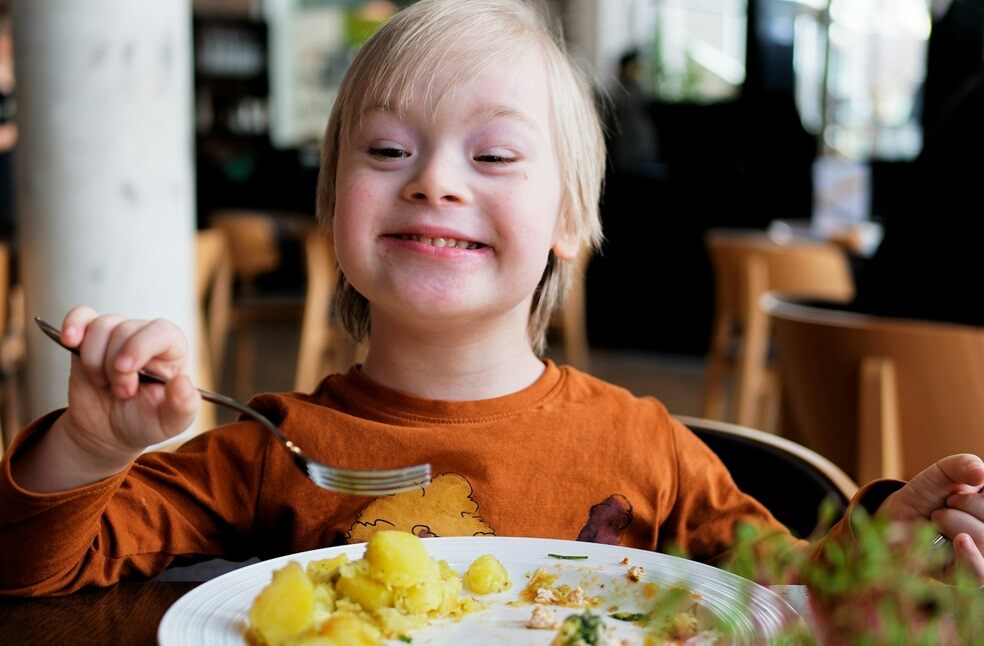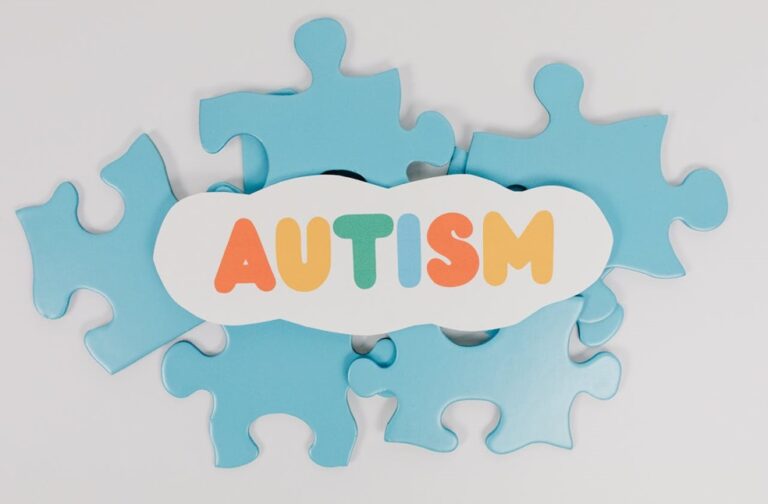A developmental disorder that lasts a lifetime, autism impacts how people interact and communicate with others and the outside world. Approximately 700,000 adults and children in the UK are affected by autism, accounting for more than one in every 100 individuals on the spectrum as per the National Autistic Society data.
What is Autism?
- Autism spectrum disorder (ASD) is a diverse group of conditions affecting brain development.
- Approximately 1 in 100 children is diagnosed with autism.
- Characteristics often appear in early childhood but diagnosis may occur later.
- Abilities and needs of autistic individuals vary widely and can change over time.
- Some can live independently, while others require lifelong care and support.
- Evidence-based interventions improve communication and social skills.
- Supportive community and societal actions enhance accessibility and inclusivity.
- Characteristics include difficulties in social interaction and communication.
- Atypical patterns of activities and behaviours are common.
- Co-occurring conditions may include epilepsy, depression, anxiety, and ADHD.
- Intellectual functioning ranges widely among autistic individuals.

Scientists have discovered consistent differences in gut microbes between autistic individuals and those without the condition, raising hopes for a cheap and straightforward autism test.
According to the research, doctors might be able to diagnose autism earlier with a routine stool sample test, which would allow patients to receive support and a diagnosis far more quickly than they would with the current, drawn-out process in clinics.
Research conducted on twins indicates that 60–90 percent of autism cases are genetically based, however other variables including older parents, difficult births, and exposure to specific chemicals or air pollution during pregnancy may play a role. Autism symptoms can range from a child’s inability to react to their name and avoid eye contact to an adult’s difficulty understanding the thoughts of neurotypical individuals and their anxiety when their daily routine is disturbed.

Stool samples from 1,627 children, some of whom were autistic, ages one to thirteen, were analyzed by Prof. Qi Su of the Chinese University of Hong Kong and his colleagues. In addition to looking for bacteria, they also looked for viruses, fungus, and other microorganisms known as archaea in the samples.
The researchers detail how the gut bacteria of children with and without autism differed significantly in a paper published in Nature Microbiology. Children with autism have changed versions of 51 different species of bacteria, 18 viruses, 14 archaea, 7 fungus, and 12 metabolic pathways. Using 31 bacteria and biological processes in the digestive tract, the scientists used machine learning, a type of artificial intelligence, to identify autistic youngsters with up to 82 percent accuracy.

The study also found that the autistic children’s numerous metabolic pathways, which are involved in energy and neurodevelopment, appeared to be disturbed.
In case the researchers’ hypothesis is correct and the degree of autism is impacted by disruption to the microbiome, this could lead to the development of tailored interventions utilizing probiotics or food to help individuals with autism develop a more varied microbiome.



